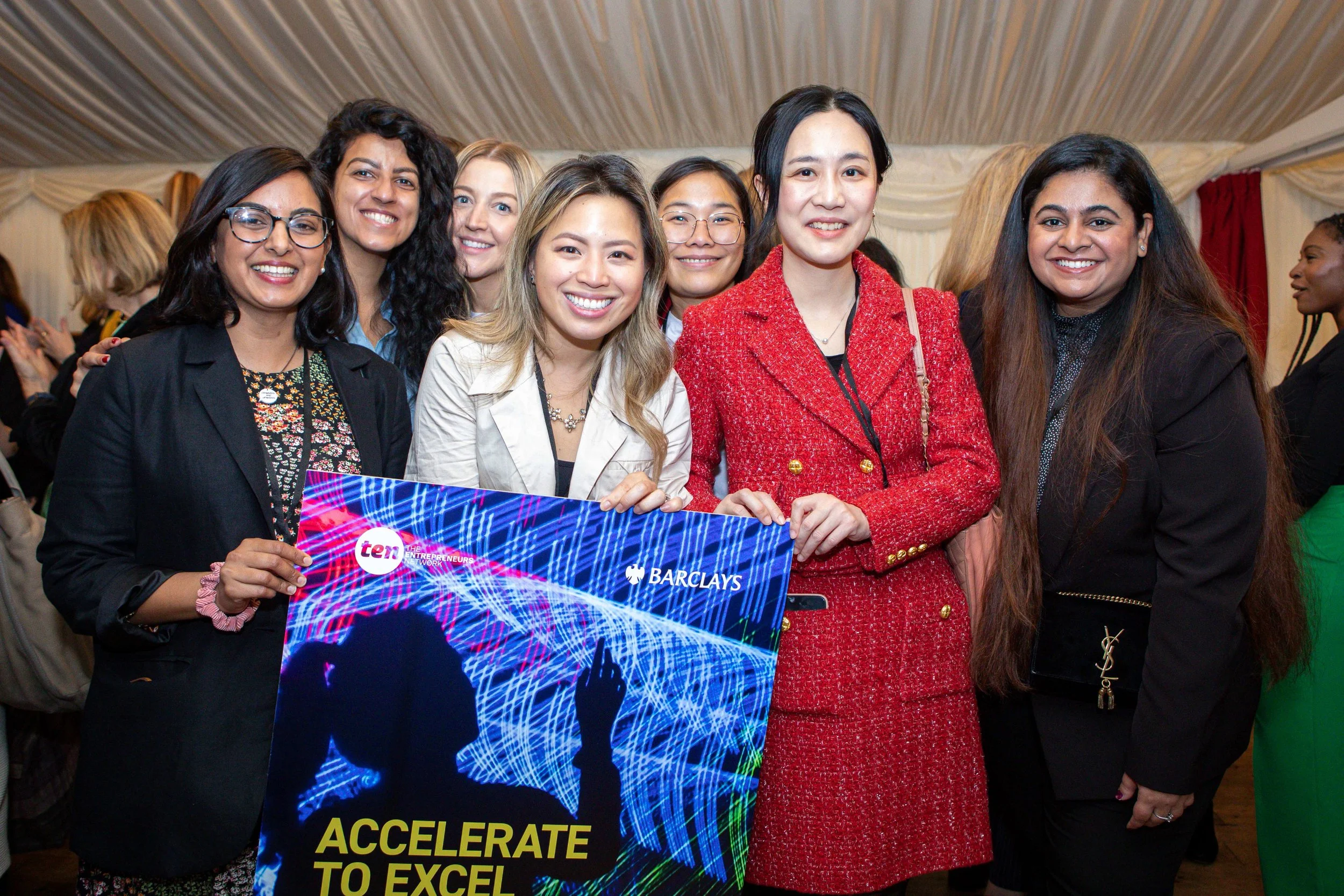Yesterday we launched Accelerate to Excel, the latest annual report from the Female Founders Forum, which we have run with Barclays for many years. It was covered in The Times, CapX, UKTN, and elsewhere.
I’m afraid the headline data doesn’t make for pretty reading: just 3.5% of equity investment for the first half of 2023 went to female-led businesses, while 85.1% went to male-led firms, and 11.4% went to startups co-led by women and men. To put that into context, according to Beauhurst data, since 2013 that 3.5% figure is fourth lowest of the last 10 years (chart here). You would have to squint incredibly hard to see a trend going in the right direction.
It’s not for want of female founders. In February, we learned that more than 150,000 companies had been started by women in 2022, which means they now represent 20.5% of all UK businesses, up from 16.7% in 2018. And there is a pleasing (if moderate) trend towards the number of deals going to female-led firms. But ultimately, female founders aren’t getting the cash.
We know the policy around this isn’t easy. That is why over the years we’ve looked at this from a number of different angles – always backed up by hard data – from first revealing the extent of the equity funding gap, the role of networks and mentoring, the importance of the education system, the impact of the pandemic, the breakdown of female founders in high-growth sectors, and the insights of female founders who have raised in excess of £1 million. One in A Million was one of my favourites: it showed the breadth of challenges faced by some of the UK’s most fearlessly ambitious founders, alongside the incredible success stories too.
As Annabel Denham, founder of the Female Founders Forum, said in her speech at the House of Lords yesterday, hard-fought progress has been made on things like childcare reforms, but as Caroline Nokes, Chair of the Women and Equalities Committee made clear in her speech, there is much work to be done.
“It is immensely rewarding to see the positive progress made from the concerted efforts across the financial services industry, education institutions and government to lower the barriers to female entrepreneurialism,” said Juliet Gouldman of Barclays. “However, the systemic issues identified will not be resolved overnight, so an ongoing determination will be required if we are to achieve lasting change.”
The title of the latest report is about the need for speed when it comes to closing the gap, but also references the positive role that accelerators are playing in supporting female founders – 56% of entirely female-founded high-growth companies have attended an accelerator, compared to 27% for men. And in 2022, our friends at the Centre for Entrepreneurs uncovered over 400 active incubators and 300 accelerators, representing a near doubling of provision since the last comparable survey was conducted by Nesta in 2017.
To this end, Barclays Eagle Labs and AccelerateHER have launched the Female Founder Accelerator for which applications are open. Alongside policy change, we need practical efforts like this too.
So what next for the Female Founders Forum to move the needle? That’s the question we’ll be asking ourselves in the coming weeks and months, as we draw up plans for 2024. This isn’t a rhetorical question. We’re keen to hear your ideas about both policy and practical support we can offer.
You can read the whole newsletter here, and sign up for the newsletter here.

